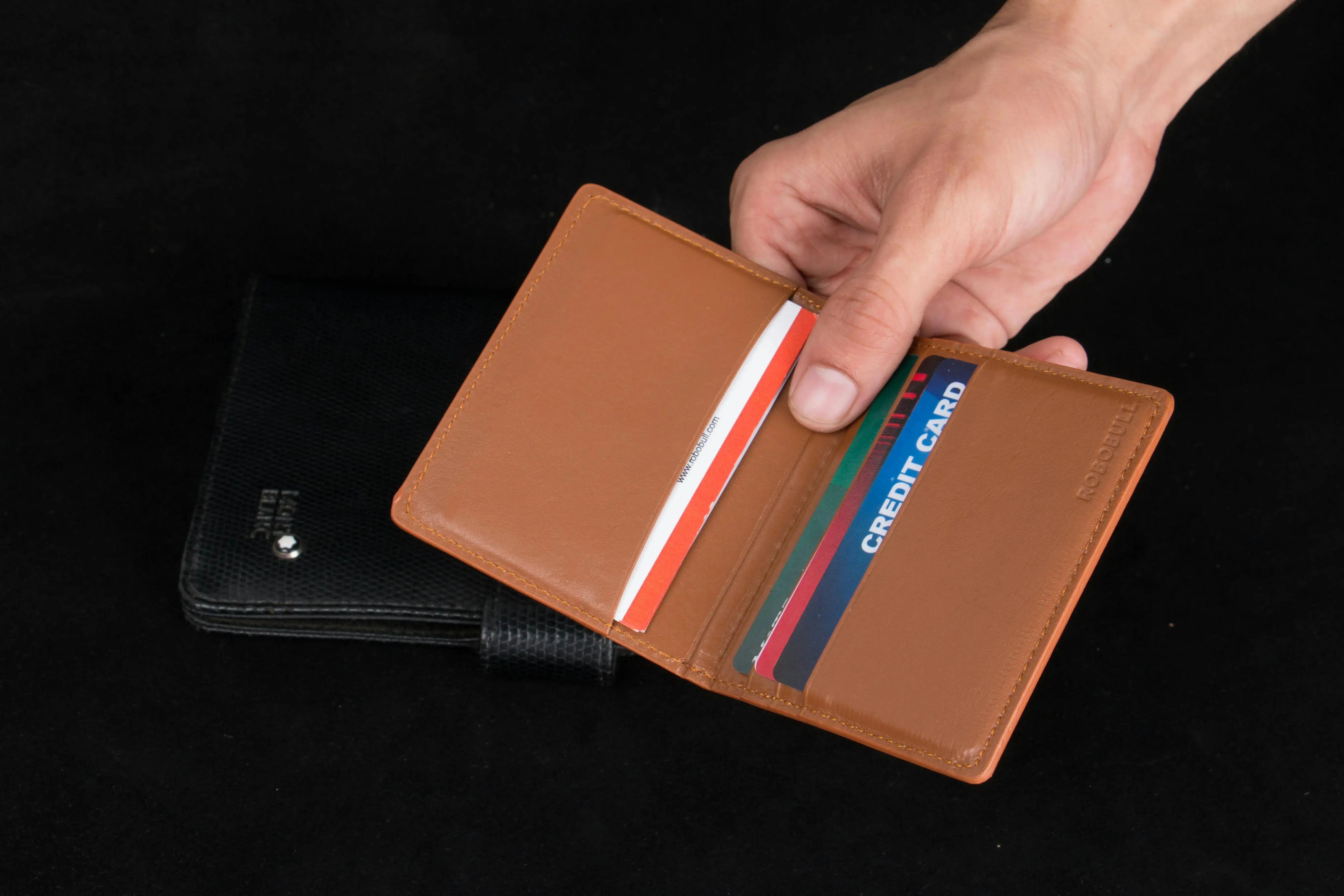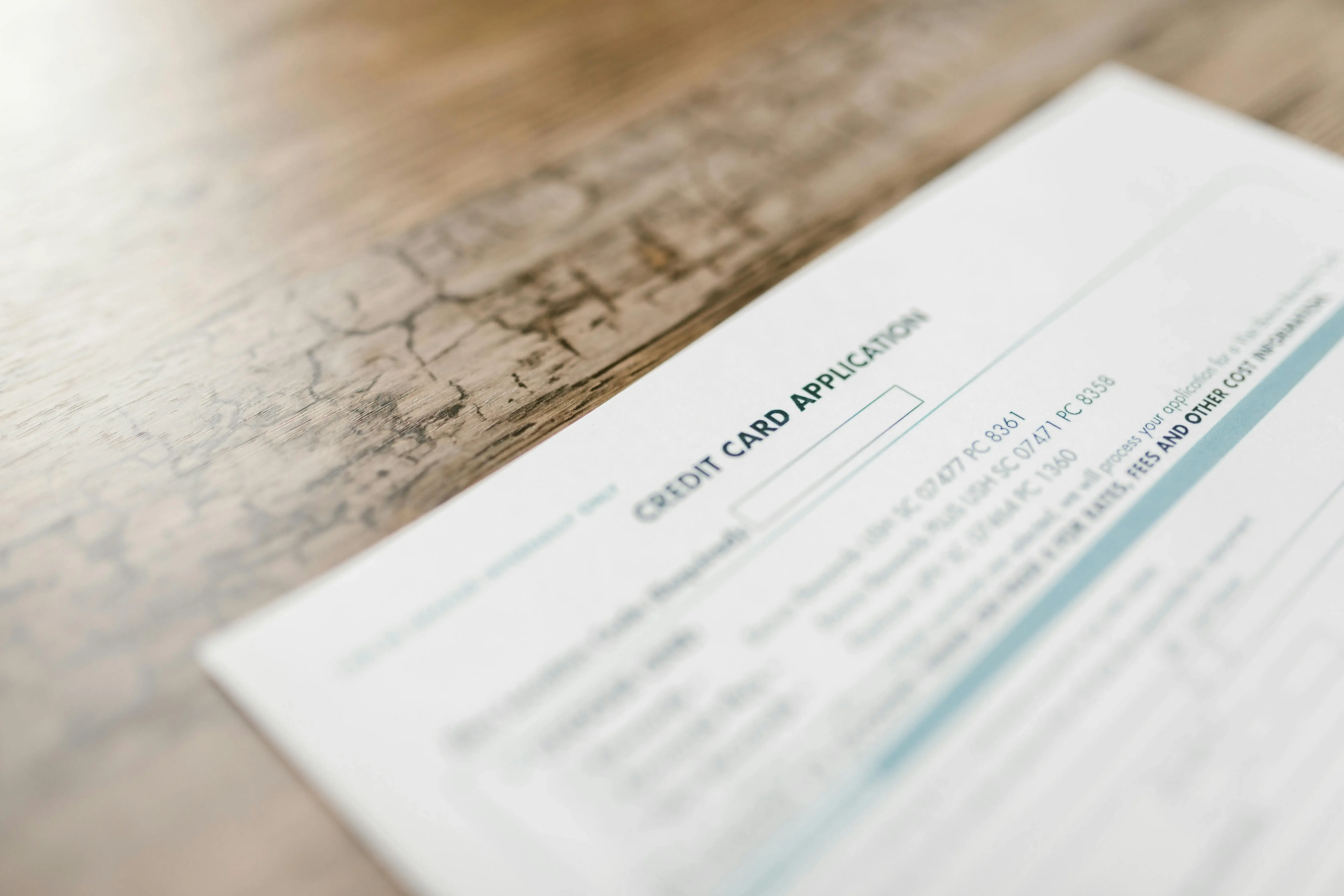
Kudos has partnered with CardRatings and Red Ventures for our coverage of credit card products. Kudos, CardRatings, and Red Ventures may receive a commission from card issuers. Kudos may receive commission from card issuers. Some of the card offers that appear on Kudos are from advertisers and may impact how and where card products appear on the site. Kudos tries to include as many card companies and offers as we are aware of, including offers from issuers that don't pay us, but we may not cover all card companies or all available card offers. You don't have to use our links, but we're grateful when you do!
Does a Bridging Loan Affect Your Credit Score?
July 1, 2025


Quick Answers
The application process for a bridging loan requires a credit check, which is recorded on your credit file as a hard inquiry.
Making timely repayments demonstrates financial responsibility and can positively influence your credit history over time.
Defaulting on the loan will negatively impact your credit score and can lead to the lender repossessing the asset used as security.
What Is a Bridging Loan?
A bridging loan is a short-term financing tool used to cover the financial gap when purchasing a new property before an existing one is sold. Its primary function is to provide immediate cash flow for a down payment, enabling a buyer to secure a new home without waiting for the previous sale to finalize. This type of loan is secured against the borrower's property and is typically repaid once the original home's sale is complete.
As part of the application process, lenders will review your credit score and history to evaluate your financial reliability. Like any form of credit, the loan and your payment activity will be reported to credit bureaus. Therefore, managing the loan responsibly is a factor in maintaining your overall credit profile.
How a Bridging Loan May Impact Your Credit Score
A bridging loan is a powerful short-term financing tool, but like any credit product, it can impact your credit score. Understanding how this happens is crucial for maintaining your financial standing.
- The Application Inquiry: When you apply for a bridging loan, lenders conduct a hard credit check. This inquiry is noted on your credit report and can cause a minor, temporary dip in your score.
- New Debt on Your File: Once approved, the loan is added as a new account to your credit history. This increases your overall debt, which can affect credit scoring factors and your overall financial profile.
- Payment Behavior: Your repayment conduct is critical. Whether you make monthly interest payments or the interest is rolled up, any late or missed payments will be reported and can significantly harm your credit score.
- Closing the Account: Successfully repaying the bridging loan on schedule and closing the account demonstrates responsible credit management. This positive activity is recorded on your report and can benefit your score in the long run.
How Much Will a Bridging Loan Affect Your Credit Score?
A bridging loan can impact your credit score in several ways, both during the application process and throughout the loan's term. Here are the key factors that determine the effect on your credit history.
- Credit Searches. Lenders perform a hard credit check when you apply for a bridging loan. This inquiry is recorded on your credit file and can cause a small, temporary dip in your score, especially with multiple applications.
- Repayment History. Making your payments on time is crucial for maintaining a healthy credit score. Conversely, any late or missed payments will be reported to credit agencies and can significantly lower your score.
- Increased Debt Level. Taking on a bridging loan increases your total amount of debt. Credit scoring models consider your debt-to-income ratio, so a substantial new loan can temporarily have a negative impact on your score.
How You Can Avoid a Bridging Loan Affecting Your Credit Score
Make Timely Repayments
Like any form of credit, the most critical factor is making your repayments on time. Lenders report payment history to credit bureaus, so any missed or late payments will negatively impact your score. Adhering strictly to the agreed-upon schedule is essential for protecting your credit.
Understand the Loan Terms
Before committing, thoroughly review all terms and conditions of the loan. A clear understanding of the interest rates, fees, and repayment deadlines helps you manage your financial obligations effectively. This awareness prevents accidental defaults that could otherwise tarnish your credit report.
Secure a Clear Exit Strategy
A bridging loan requires a concrete exit plan. Whether it's from the sale of your current property or securing a long-term mortgage, having this strategy in place is vital. It ensures you can repay the loan promptly, avoiding defaults that damage your credit score.
Ways to Improve Your Credit Score
Improving your credit score is an achievable goal that requires consistent, positive financial behavior. According to an expert guide for 2025, taking the right steps can lead to meaningful changes within just a few months.
- Monitor your credit reports. You can get free reports from the major bureaus to check for inaccuracies, signs of identity theft, and to track your progress.
- Establish automatic bill payments. Setting up automatic payments or reminders for your credit accounts is a simple way to ensure you never miss a due date.
- Reduce your credit utilization ratio. Aim to keep your credit usage below 30% of your total available credit to show lenders you aren't overextended.
- Become an authorized user. Being added to the credit card account of someone with a strong payment history can help boost your own score.
- Diversify your credit mix. Lenders prefer to see that you can responsibly manage different types of credit, such as revolving credit and installment loans.
- Limit hard inquiries. Space out new credit applications and use prequalification tools whenever possible to minimize the temporary dip in your score from hard pulls.
The Bottom Line
A bridging loan application is recorded on your credit file. Your score can be negatively impacted by missed payments, but responsible management and timely repayment will help safeguard your credit standing.
Frequently Asked Questions
Will applying for a bridging loan affect my credit score?
Yes, the application process typically involves a hard credit inquiry, which can cause a small, temporary dip in your credit score, regardless of the outcome.
How does a bridging loan appear on my credit report?
A bridging loan is listed as a short-term secured debt on your credit report, showing the lender, loan amount, and your repayment history for other creditors to see.
Can I get a bridging loan with a bad credit score?
It is often possible. Lenders for bridging loans typically place more emphasis on the value of the security property rather than solely on your credit history.
Unlock your extra benefits when you become a Kudos member

Turn your online shopping into even more rewards

Join over 400,000 members simplifying their finances

Editorial Disclosure: Opinions expressed here are those of Kudos alone, not those of any bank, credit card issuer, hotel, airline, or other entity. This content has not been reviewed, approved or otherwise endorsed by any of the entities included within the post.


































.webp)
.webp)



.webp)



